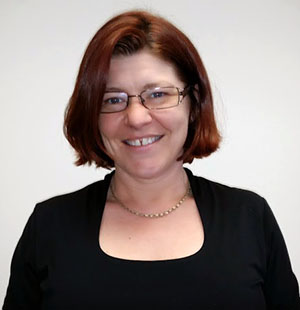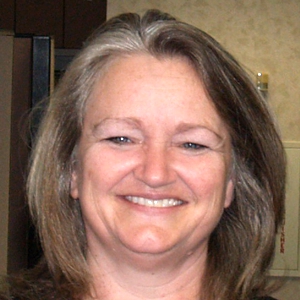DBHDD is committed to building and supporting a system of care for individuals with developmental disabilities and behavioral health challenges in Georgia. To achieve this goal, the department is building capacity in local communities to provide easier access to high-quality care.
As the department transitions individuals from the hospital system to community-based care, collaboration between hospitals and community resources is critical. To ensure that each transition is facilitated safely and with focus on individual needs, Commissioner Berry has appointed Dr. Charles Li as director of hospital operations. Dr. Li currently serves as DBHDD’s assistant commissioner of the Division of Developmental Disabilities. He was asked to lead the department’s hospital system because of his significant background in hospital operations and community programs. Dr. Li will direct activities at all DBHDD hospitals and will also serve as regional hospital administrator for Georgia Regional Hospital at Atlanta, one of the department’s busiest hospitals.
Berry has named Dan Howell as interim assistant commissioner of the Division of Developmental Disabilities. Most recently, Mr. Howell served as acting regional hospital administrator for Central State Hospital. Mr. Howell has extensive experience in program administration and has led similar transition initiatives across the country. DBHDD is conducting a national search to recruit and select both a new assistant commissioner for developmental disabilities and a regional hospital administrator for Central State Hospital.
These actions underscore the department’s confidence that Dr. Li and Mr. Howell will be invaluable assets during the transition to a community-based system of care. Under their leadership, DBHDD looks forward to strengthening bridges between hospital and community-based services and providing better access for all Georgians.
 This week, DBHDD welcomes Candice M. Tate, Ph.D., as director of the Office of Deaf Services. Dr. Tate is a deaf psychologist fluent in American Sign Language (ASL). She brings over 15 years of experience in therapeutic and assessment services to both deaf and hearing populations. Her work on
This week, DBHDD welcomes Candice M. Tate, Ph.D., as director of the Office of Deaf Services. Dr. Tate is a deaf psychologist fluent in American Sign Language (ASL). She brings over 15 years of experience in therapeutic and assessment services to both deaf and hearing populations. Her work on  DBHDD’s
DBHDD’s